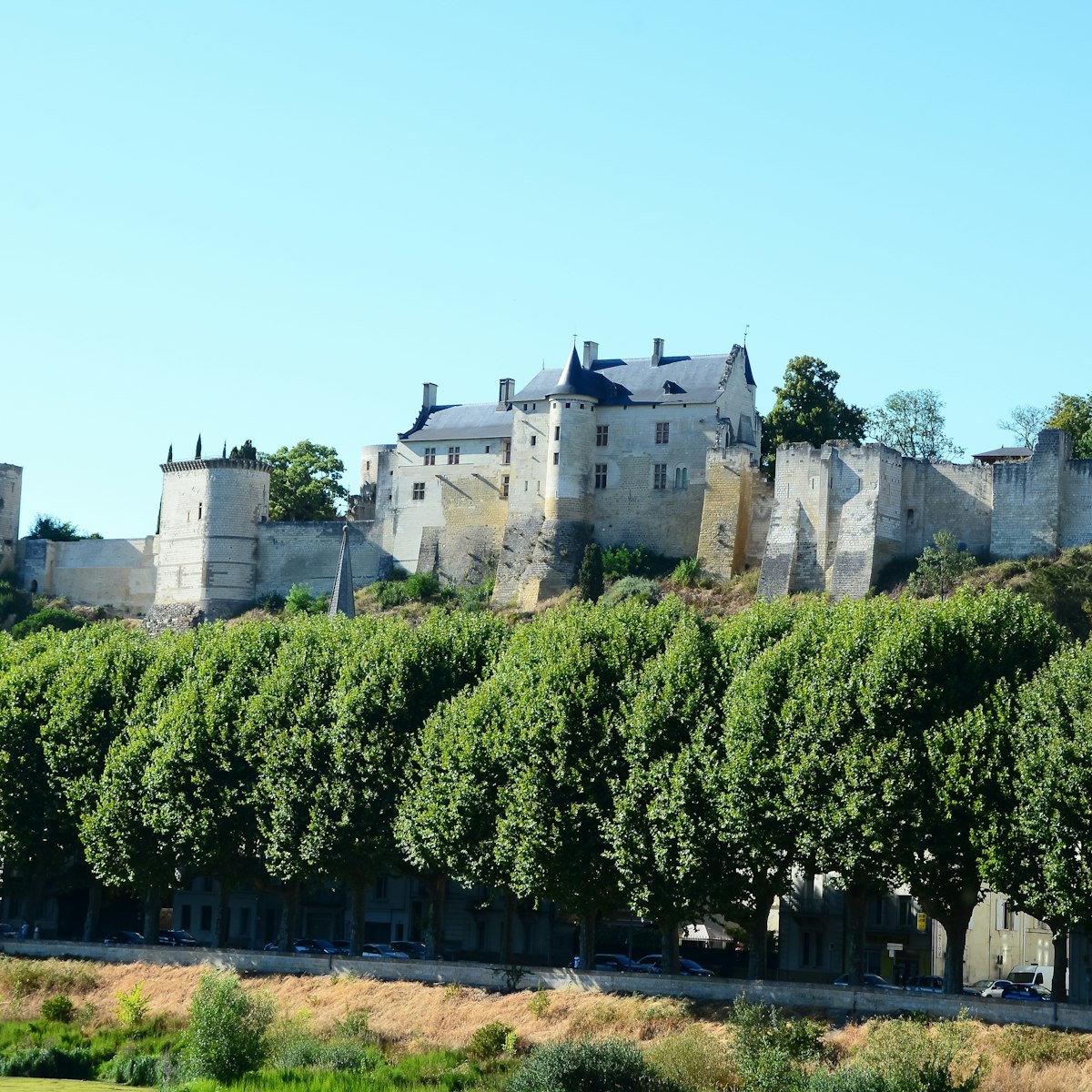The highlight of this 12th-century abbey complex is the vast but movingly simple church, notable for its soaring pillars, Romanesque domes and polychrome gisants (funerary effigies) of four illustrious Plantagenets: Henry II, king of England (r 1154–89); his wife, Eleanor of Aquitaine (who retired to Fontevraud following Henry’s death); their son Richard the Lionheart; and Richard's brother King John’s wife Isabelle of Angoulême. Signs are in English.
In the church's crypt, opened in 2016, you can see the archaeological excavations of earlier churches; the entrance is in the left transept arm, behind the white cube.
The cloister is surrounded by one-time dormitories, workrooms and prayer halls; the Salle Capitulaire (chapter room), with murals of the Passion of Christ by Thomas Pot; and a wonderful Gothic-vaulted refectory, where the nuns would eat in silence while being read the Scriptures. Both the nuns and the monks of Fontevraud were, exceptionally, governed by an abbess, generally a lady of noble birth who had retired from public life. Outside, there are medieval-style gardens and a multi-chimneyed, missile-shaped kitchen (closed for restoration until 2020), built entirely from stone to make it fireproof.
In 1804, by Napoleonic decree, Fontevraud was turned into a notoriously harsh prison, a role it played until 1963. Author Jean Genet was imprisoned for stealing (but not here) and, based on that experience, wrote Miracle de la Rose (1946), which is set at Fontevraud.
An iPad 'game of discovery' (€4.50), for kids aged eight to 14, recreates a day in the life of a medieval nun or a Fontevraud prisoner.
A new modern-art museum, housing the superb collection of industrialist Léon Cligman and his wife, Martine Martine, is due to open in the abbey in 2019. Highlights will include works by Delacroix, Derain, Dufy, Corot, Degas, Toulouse-Lautrec and de Vlaminck.





